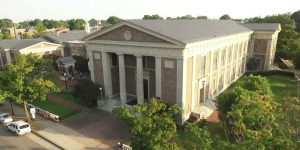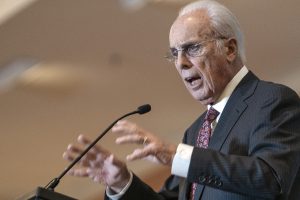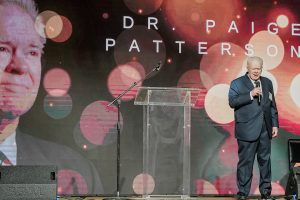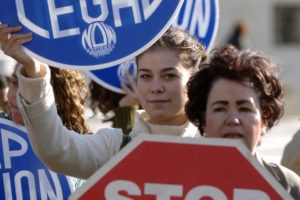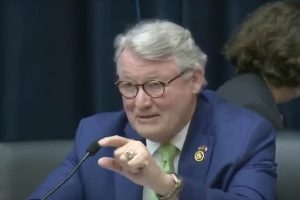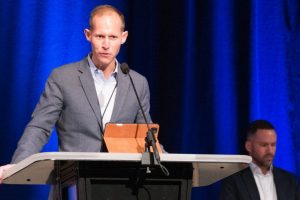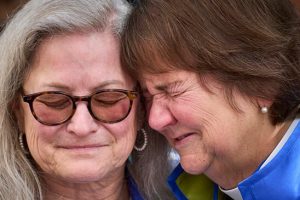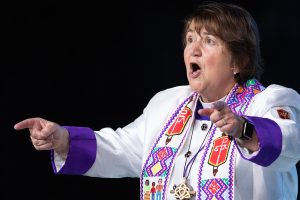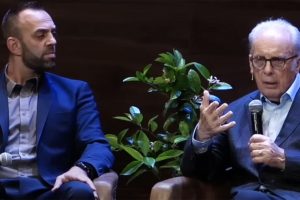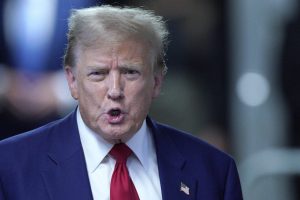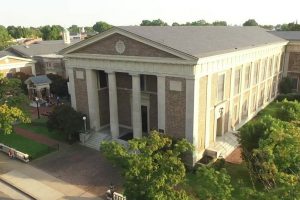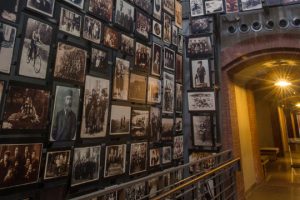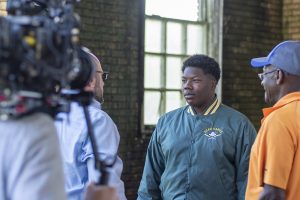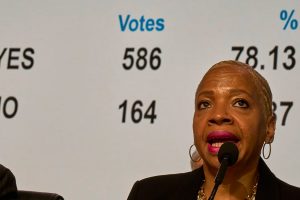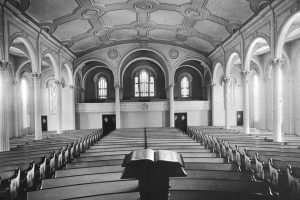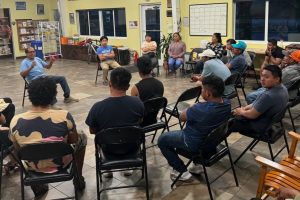WACO, Texas (ABP) — Contrary to expectations, Baylor University regents emerged from their Sept. 9 meeting without a new president for the 160-year-old Baptist school, and Interim President Bill Underwood announced he had removed his name as a candidate for the permanent president's position.
“I had never wanted to be the long-term president of Baylor University. It's not a position I ever coveted,” Underwood told reporters.
“I had concluded over the last several months that if I continued to be considered as a candidate for the long-term position as president, it would impair my ability to get done some of the things I needed to get done as interim and cause people to question my motives about some things I've done.
“I also believe that because of some of the controversial decisions I've made from the very outset of my term as interim president, that my being a candidate for the permanent job would be unnecessarily divisive.”
Regents selected Underwood, a 49-year-old Baylor law professor, to become interim president June 1. He succeeded embattled President Robert Sloan, who stepped down to become university chancellor.
At the time, regents left open the possibility Underwood could be tapped for the permanent post, and regents chairman Will Davis insisted Underwood would not serve in just a caretaker's role.
Indeed, Underwood left his mark early. During his first day on the job, he announced three high-level administrative appointments — most pointedly replacing David Lyle Jeffrey as provost.
Jeffrey, with whom Underwood had publicly debated academic freedom, had been closely identified with Sloan and roundly criticized in some moderate Texas Baptist circles.
Before he accepted the interim president's role, Underwood had served as chairman of the panel that investigated reported NCAA violations in the Baylor men's basketball program.
Davis told reporters he was personally disappointed Underwood had withdrawn his name from consideration for the permanent president's position. The search committee will continue its work, and they have no prescribed timetable, he said.
One day before the regents meeting, the Waco newspaper published a letter from Susie Jaynes, immediate past president of the Baylor Alumni Association, calling on regents to delay any vote on the university presidency.
“By deferring the selection of a new president until the end of the 2005-2006 academic year, we in the Baylor family will be able to continue our journey toward consensus,” she wrote.
About a week earlier, the university had issued a statement that the presidential search committee would bring its recommendation to the board at their regularly scheduled meeting.
Although the university released no names prior to the regents' meeting, sources said Linda Livingstone, 45-year-old dean of the school of business and associate professor of management at Pepperdine University in Malibu, Calif., was the expected nominee. Before she joined Pepperdine's business school in 2002, Livingstone was associate dean of graduate programs at Baylor University's Hankamer School of Business.
If elected, she would have been Baylor's first woman president.
But prior to the meeting, Livingstone reportedly received a phone call in California to tell her the board would not take any action at its Sept. 9 meeting.
The Waco Tribune-Herald reported the search committee voted 6-5 in favor of Livingstone. Earlier an advisory committee — created by the regents but having no direct authority — voted 8-1 for Underwood.
Search committee chairman Bill Brian of Amarillo declined to verify the newspaper report or discuss any particular names. He confirmed that — other than Underwood — no one who had been seriously considered as a candidate by the committee had been ruled out for further consideration.

